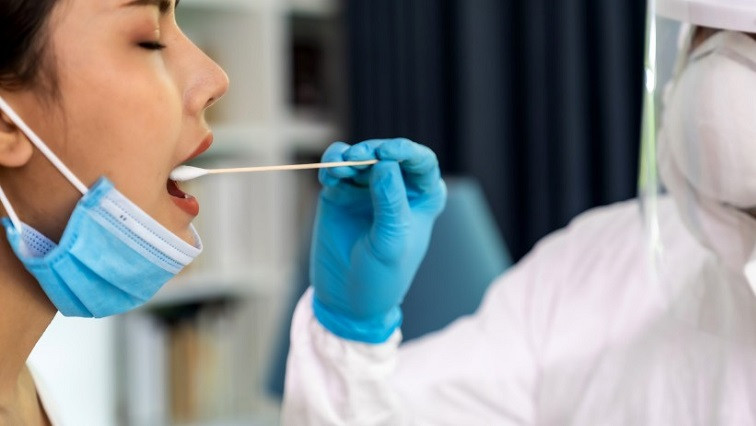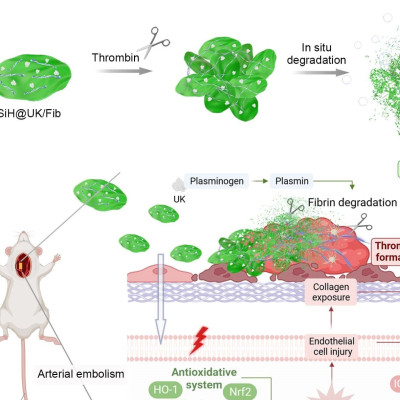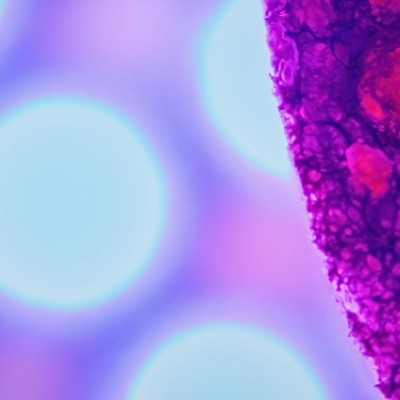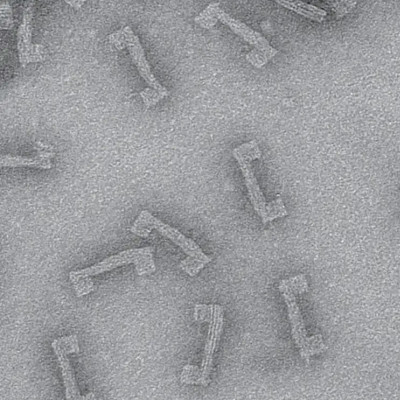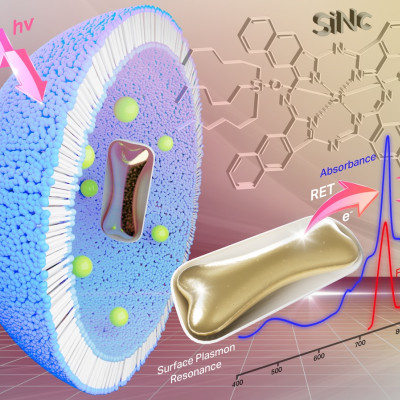The team, led by ZHOU Lianqun from the Suzhou Institute of Biomedical Engineering and Technology of the Chinese Academy of Sciences (CAS) and GUAN Ming from the Huashan Hospital, established a nanoparticle-assisted digital loop-mediated isothermal amplification (nano-dLAMP) platform for the analysis of myeloproliferative neoplasms.
Digital polymerase chain reaction (digital PCR, dPCR), a high sensitivity, absolute quantitative and high tolerance nucleic acid detection technology, plays an important role in a variety of application fields, such as rare mutations detection, copy number variation, liquid biopsy, single cell analysis, genetically modified detection, viral load testing, and microbiological quantitative analysis.
In this study, the researchers fabricated microarray chips with four physical partitions for the simultaneous detection of calreticulin type 1, calreticulin type 2, janus kinase 2 V617F mutations and an internal reference gene.
They then used PCR additives and nanoparticles to make the traditional loop mediated isothermal amplification (LAMP) suitable for nanoliter-scale amplification.
Results suggested that nanoparticles could improve the amplification performance of nanoliter LAMP.
Quantitative detection of the main myeloproliferative neoplasm molecular markers could be performed simultaneously in one four-partition microarray chip within one hour. The agreement between the developed platform and the commercial Quantstudio 3D was high at 99%.

Workflow diagram of the nano-dLAMP detection system.
This accurate, rapid, multiplex, and inexpensive nano-dLAMP platform could be a promising tool for clinical diagnosis in the future, according to the researchers.
Results of the study was published in Sensors & Actuators B: Chemical entitled "Establishment of Scalable Nanoliter Digital LAMP Technology for the Quantitative Detection of Multiple Myeloproliferative neoplasm molecular markers."
ZHOU's group has been focusing on biosensor field for more than 10 years, and has accumulated a firm foundation in biosensor method development, biochip design and processing, and bioscience instrument development.
In the digital PCR research and development, chip-based dPCR (cdPCR) method with high isolation stability, good temperature uniformity and fast detection speed was developed. A series of progress were obtained on the detection method, chip, reagent and instrument of cdPCR.
Read the original article on Chinese Academy of Sciences (CAS).

